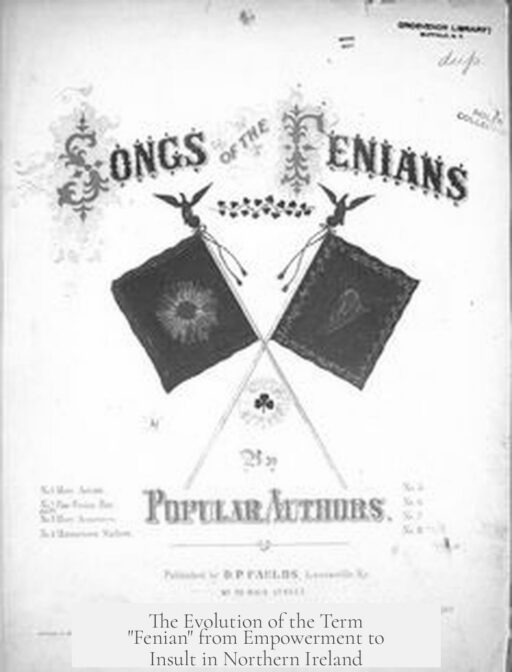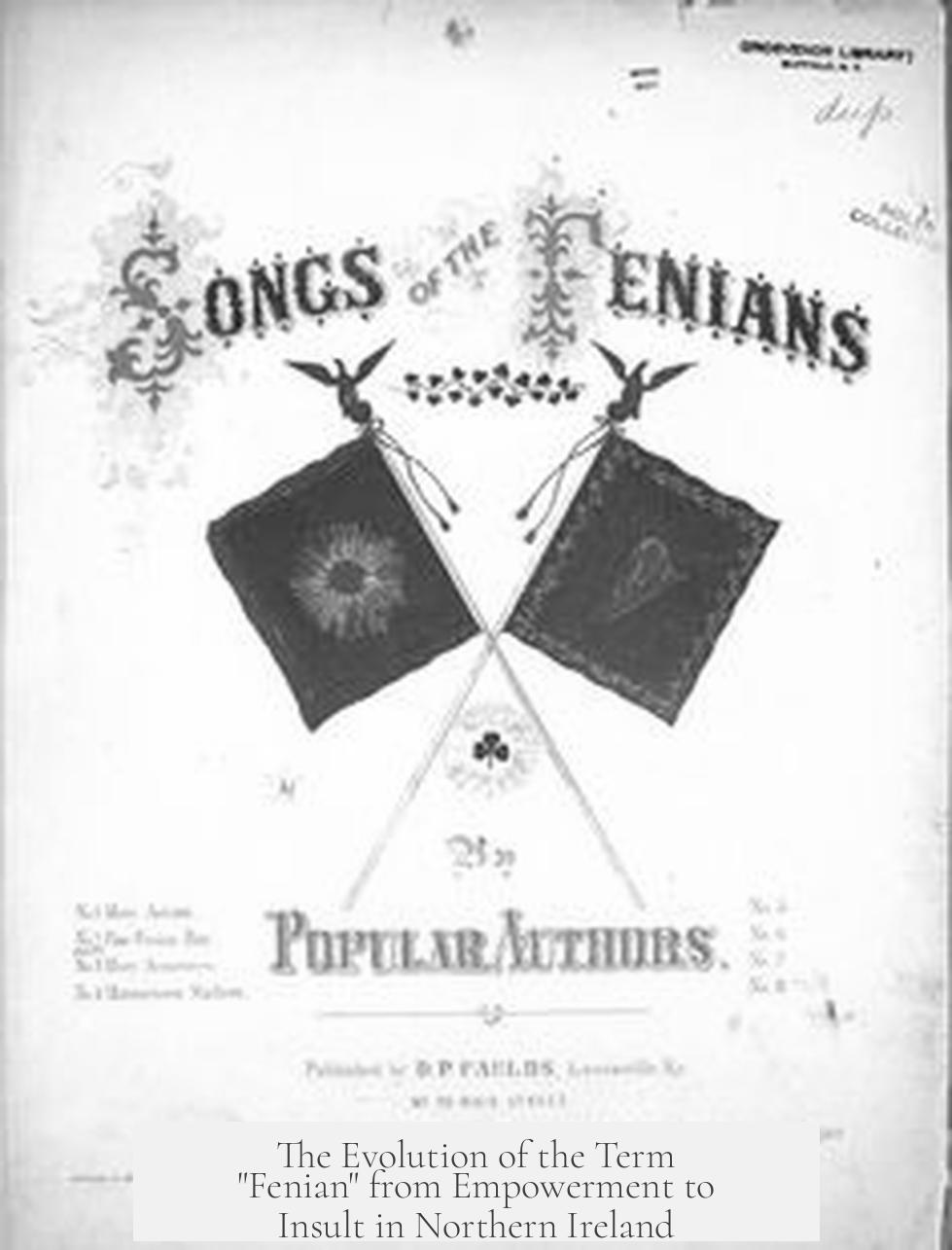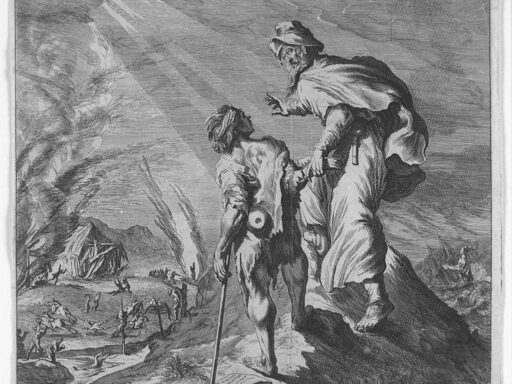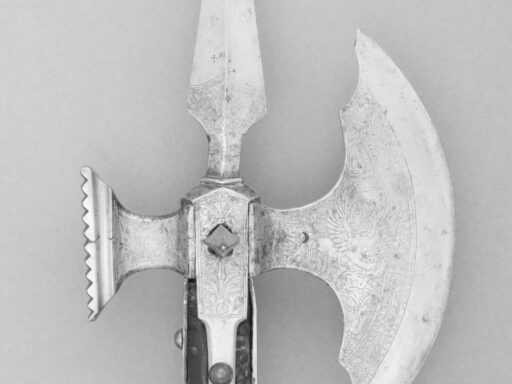The term “Fenian” originated as the name of an Irish nationalist movement but evolved into a slur for Northern Irelanders due to its association with violent campaigns and sectarian conflict. The Fenian Brotherhood, named after legendary Irish warriors, fought for Irish independence in the 19th century. Their use of terrorism to achieve political goals and subsequent media portrayal transformed “Fenian” into a pejorative label now embedded in Northern Irish sectarian language.
The Fenian Brotherhood took its name from the Fianna, mythical bands of warriors led by the hero Fionn Mac Cumhaill in Irish mythology. These warriors were called Fénnid or Feinne in Old Irish, meaning “warrior” or “soldier.” Hence, “Fenian” literally indicated a member of a warrior brotherhood. This name symbolized strength and national pride linked to Irish cultural history.
However, the 19th-century Fenian Brotherhood was not just symbolic. It organized violent acts known today as the Fenian Dynamite campaign, involving bombings, assassinations, and street violence aimed at British rule in Ireland. These acts are widely considered some of the first modern terrorist campaigns. Newspapers at the time widely covered these events, emphasizing the violence and linking it explicitly to the Fenian Brotherhood.
Media coverage played a critical role in the transformation of “Fenian” from a nationalist identity to a slur. Sensational stories portrayed Irish nationalists as brutish and uncivilized terrorists. This depiction fed into existing prejudices and racist attitudes toward the Irish, especially in Great Britain. The term “Fenian” quickly broadened beyond its original meaning and was used as a general insult to imply that any Irish person was dangerous or aggressive. This stigmatization paralleled modern examples, such as the negative associations with the term “Jihadi,” linked to terrorism.
In Northern Ireland, the term took on deeper sectarian meaning amid decades of conflict. It became one of several slurs targeting the Catholic/nationalist community, alongside terms like “Taig” or “Paddy.” The name “Fenian” is now commonly used by some Protestant/Unionist groups as a derogatory term for Catholic Irish people. The usage reflects historical tensions and sectarian divisions that remain powerful in Northern Irish society.
Interestingly, some Irish Catholics and nationalist groups have reclaimed the word, using it in an ironic or defiant manner. Sinn Féin, a major nationalist political party historically associated with Irish republicanism, sells merchandise bearing phrases like “still an unrepentant Fenian bastard.” This reclamation attempts to detach the term from its negative meaning and reassert pride in the original Fenian cause of Irish independence.
In summary, “Fenian” shifted from a proud reference to Irish warrior heritage and nationalist aspirations to a slur due to the Fenian Brotherhood’s violent tactics and the resulting hostile media narrative. Racism and fear amplified the negative connotation. The term’s persistence in Northern Ireland reflects ongoing sectarianism, but also moments of re-appropriation by those it once disparaged.
| Key Points |
|---|
| – “Fenian” originally described mythical Irish warriors and inspired the Fenian Brotherhood’s name. |
| – The Fenian Brotherhood’s violent Fenian Dynamite campaign linked the term to terrorism against British rule. |
| – Sensationalist media and racist attitudes turned “Fenian” into a broad derogatory term for Irish people. |
| – The term remains a sectarian slur in Northern Ireland but is sometimes reclaimed by Catholic Irish nationalists. |




